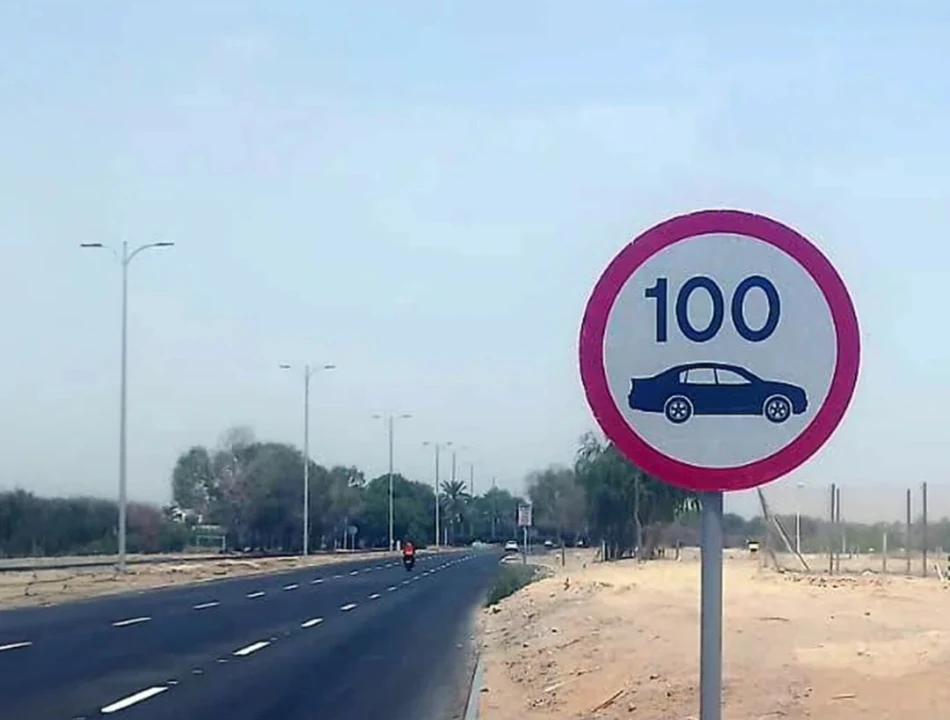
Abu Dhabi Police Set Nayhan 1 Street Speed Limit at 100 km/h in Al Ain's Zakher Area
Abu Dhabi Police Debunk Social Media Speed Limit Rumors in Major Misinformation Crackdown
Abu Dhabi Police have firmly denied viral social media claims suggesting speed limit changes on Nahyan Street in Al Ain's Zakher district, emphasizing that the road's speed limit remains 100 km/h. The incident highlights growing concerns about misinformation spreading through digital platforms and underscores authorities' intensified efforts to combat false information in the UAE.
The Misinformation Challenge
The false reports circulating across various social media platforms claimed that speed limits had been modified on Nahyan Street, one of Al Ain's key thoroughfares. Abu Dhabi Police moved quickly to dispel these rumors, stating categorically that no changes had been implemented and that the current speed limit of 100 km/h remains in effect.
This incident reflects a broader pattern of traffic-related misinformation that has become increasingly common across the Gulf region, where rapid infrastructure development and frequent road improvements often generate speculation and false reports among residents.
Official Response and Public Guidance
Call for Information Verification
Abu Dhabi Police emphasized the critical importance of fact-checking before sharing news and information online. The force specifically urged community members to avoid spreading rumors and misleading information, directing them instead to rely on official media sources for accurate updates.
This response aligns with the UAE's broader digital literacy initiatives, which have gained momentum as the country positions itself as a regional technology hub while grappling with the challenges of information accuracy in the digital age.
Regional Context and Implications
UAE's Anti-Misinformation Strategy
The swift police response demonstrates the UAE's proactive approach to combating misinformation, particularly around public safety issues like traffic regulations. This strategy mirrors similar efforts across the Gulf Cooperation Council states, where governments have implemented strict penalties for spreading false information online.
The focus on traffic-related misinformation is particularly significant given the UAE's substantial infrastructure investments and the potential safety implications of incorrect speed limit information. False traffic data can lead to violations, accidents, and public confusion about road safety regulations.
Broader Significance
This incident underscores the ongoing tension between rapid information sharing on social media and the need for accurate, verified news. For residents and visitors in the UAE, it serves as a reminder of the importance of consulting official sources before acting on traffic-related information found online.
The emphasis on official media channels also reflects the UAE's structured approach to information dissemination, where government entities maintain tight control over public communications to ensure accuracy and prevent panic or confusion among residents.
Most Viewed News

 Sara Khaled
Sara Khaled






